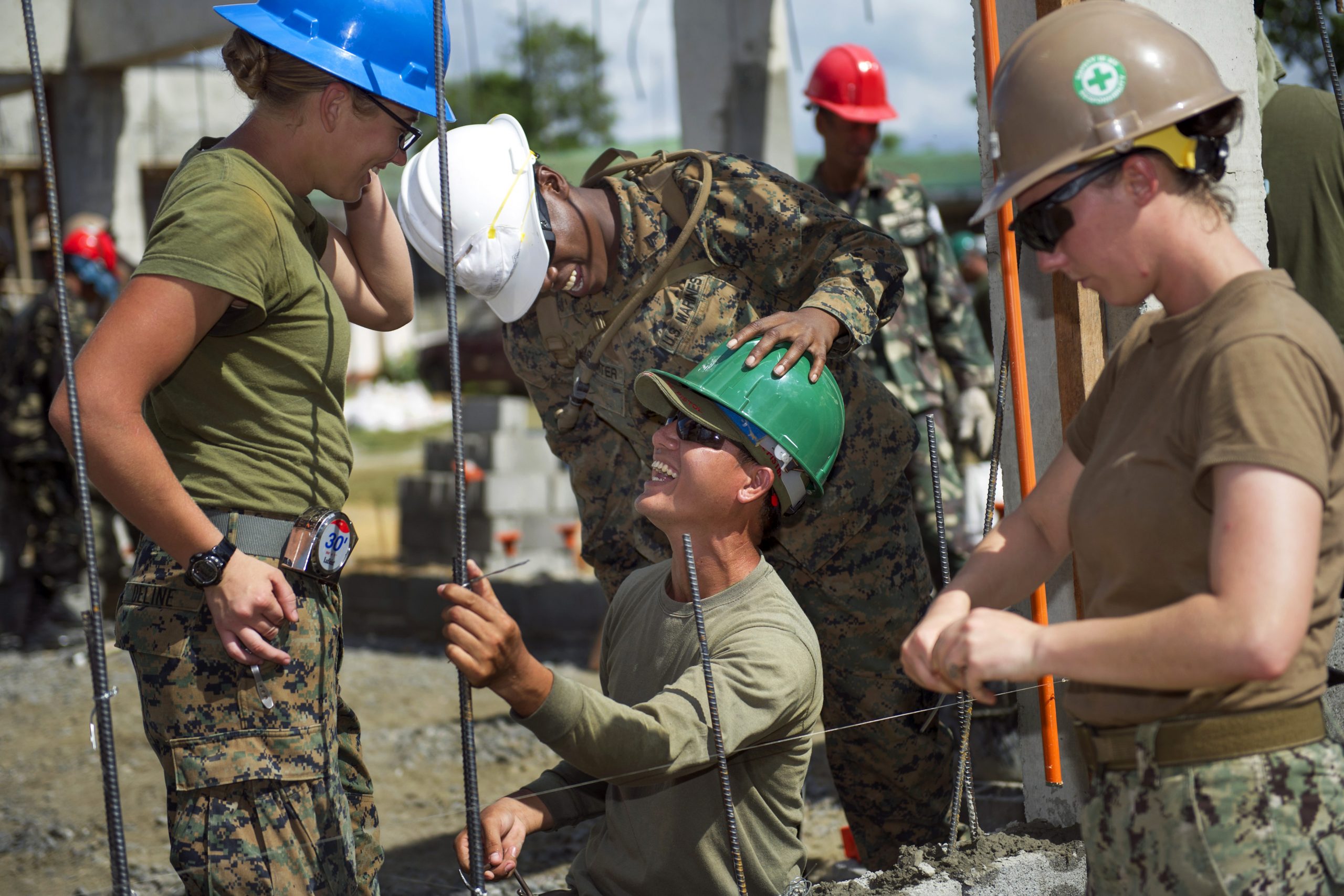In construction projects, three parties work together: the owner or the client, the management team and the contractor. The building contractor is the one that plans and coordinates the construction activities, and must complete the project within the agreed time and budget.
In a nutshell, a building contractors near me Cartersville is the one responsible for coordinating construction projects and managing the various aspects of building the project.He is responsible for the entire construction process, and determines the best methods to finish the project as specified.
In real terms, his job description is very much involvedin carrying out a whole range of duties. This is headlined by his most important responsibility: that of making sure that the agreed-uponconstruction project is completed on time and within budget.
In addition to his myriad duties, his other tasks include such work as the supervision and directing renovation work, remodeling houses, and to ensure that all the overall operations are in strict adherence to regional and national regulations.
Overview
In general terms, a contractor is responsible for the planning, leading, executing, supervising and inspecting a building construction project. This responsibility extends from the beginning to the end of the project, regardless of its scope.
Contractors execute their duties by planning activities, supervising workers, and ensuring the project follows local codes and laws. A contractor may hire subcontractors for specialized areas, such as electrical installations and HVAC systems and other related construction work specialties.
In addition, he needs to keep up to date and accurate records, responsible for the hiring and selecting subcontractors while scheduling and coordinating their activities.
He needs to ensure that the legal requirements, the building and safety codes and other regulations are strictly complied with. He does all these while coordinating with architects, engineers and other construction specialists all throughout the construction process.
Qualities
A contractor usually gets his working credentials after years of experience and the fine honing of his managerial expertise while doing the various projects passed to him. In these years he is expected to have the following qualities.
The first is a set of strong analytical skills, since a building contractor must plan individual project strategies, tackle and fix unexpected issues that can arise anytime throughout the project.
Business skills/decision-making / leadership
A contractor must also have a fairly good amount of business skills. This is needed since he will be addressing budget matters, supervising workers, and selecting the most efficient staff to work for him.
His decision-making skills will be put to good use when he makes choices regarding the construction projects. This he does while being fully aware of the implications of his choices.
The leadership skills will come in handy when he will do the delegation of tasks to his staff, the other construction workers, contractors and subcontractors while simultaneously supervising them all the way.
All this while, he shall also need excellent time management skills because the projects must be completed within the designated time period and within budget.
As had been touched on before, a building contractor has multiple responsibilities. This varies much and is dependent on the contract. Here is a short rundown on some of them.
Planning
There is a master schedule that describes all activities, including their time and planned budget for every project.This schedule has a strict completion date that contractors must meet.
A late completion of the project planning can only be justified if the project was delayed by external factors beyond the contractor’s control (extreme weather, accidents and the like).
The building contractor creates this project plan with a load of responsibilities included. He plans all the crucial project development and implementation details, forecasting some possible changes and creating risk mitigation strategies for it.
The planning also includes meeting any legal and regulatory issues, and establishing effective communication among all participants of the project.
Management
There are also a number of project management activities that a building contractor must meet head on. This includes ensuring funds are available for the project to continue, purchase of materials and with enough anticipation to reach the site when needed. He also needs to create progress reports to justify the immediate payments that happens from time to time.
The building contractor is also responsible for their personnel, and making sure their staff is of the right size and the right technical skills. He is also responsible in managing the payroll for their employees and payments to the subcontractors.
Tracking
Project tracking is fundamental in completing the work according to contract specifications and schedules. Additional to this tracking progress, contractors must prevent disruption.
Disruption involves several complementary activities. This includes quality control, the use of cost-effective construction methods, making sure of the constant supply of materials, and scheduling the purchasing activities well in advance.
All the while in the construction process, the building contractor is responsible for tracking the progress of the project and being able to manage any necessary changes that can crop up at any time.
This is always based on the notion that the project scope, the time, and the budget are all on point when making these extra decisions.
Legal issues / regulations
One delicate issue that a contractor has to face is holding a handful of responsibilities in terms of legal and other regulatory issues. The project needs to have the necessary permits and licenses before the start of the project. He does this while covering any fees and taxes that apply.
From the standpoint of the authorities, being unaware of the legal requirement cannot be a valid excuse in projects like construction. The message is that contractors must have an updated knowledge of these legal requirements.
Projects can only go undisrupted if the right permits and contractor licenses are all in order.
Health and safety
The last but just as important consideration is that the contractor must guarantee health and safety in the construction site. This is done with the implementation of adequate procedures and raising the worker’s awareness.
He is also responsible for the proper operation of equipment and preventing accidents from the wrong use of these pieces of equipment. He is responsible for the proper operation of equipment and preventing any accidents from wrong use.
Likewise, he deals with any emergencies and unforeseen issues at the project site, and must report them to the client’s supervision staff.
Last notes
Building contractors have many roles to do during the many different stages of the construction of the project. In tandem with these roles are the many different responsibilities.
As it is, the contractor should be able to manage uncertainties and making decisions on a daily basis. The contractor’s track record is also very important. The reason is that those with ample experiences can respond better to common and big issues both.

